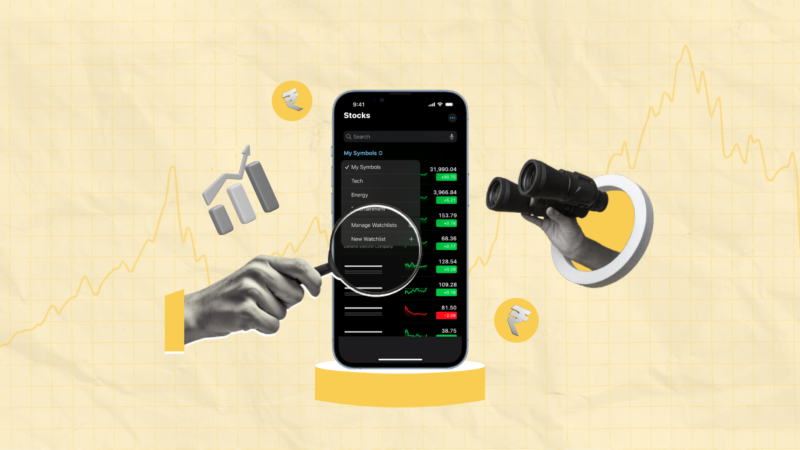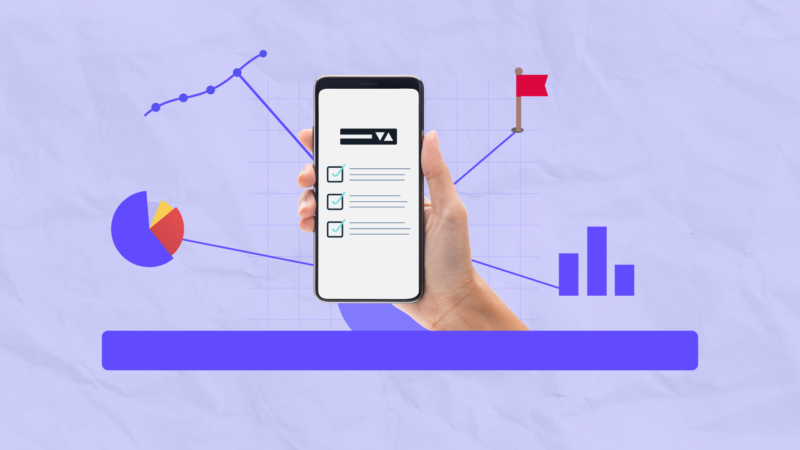US Stock Market Opening Times: Dow Jones, NASDAQ, NYSE

Can stocks be traded round-the-clock? Numerous online brokers recently introduced 24-hour trading in ETFs. Instead of waiting until the stock market opens to respond to overnight market-moving news, this move enables the average person to purchase and sell these ETFs. This creates a seamless session because a lot happens overnight when the market is closed. What is the Dow Jones opening time in India, and how do you trade wisely during the Dow Jones market time? Keep reading to find out.
What are the US market trading hours for stocks?
According to market capitalization, the NYSE and NASDAQ are ranked first and second globally, respectively. NASDAQ is valued at about $11 trillion, whereas the NYSE is estimated to be worth over $25 trillion. The strong international corporations listed on these exchanges, such as Apple, META, Amazon, Google, Netflix, Tesla, etc., may deserve some credit. Still, the trading hours are crucial in determining value and growth.
- NASDAQ Market Time
- The pre-opening hours start at 3:30 AM EST and end at 4:00 AM EST.
- The opening session starts at 4:00 AM EST and ends at 9:30 AM EST.
- The core trading hours start at 9:30 AM EST and end at 4:00 PM EST.
- The closing auction freeze period starts at 3:59 PM EST and ends at 4:00 PM EST.
- The extended hours start at 4:00 PM EST and end at 8:00 PM EST.
- NYSE Market Time
- The pre-opening hours start at 3:30 AM EST and end at 4:00 AM EST.
- The opening session starts at 4:00 AM EST and ends at 9:30 AM EST.
- The core trading hours start at 9:30 AM EST and end at 4:00 PM EST.
- The closing auction freeze period starts at 3:59 PM EST and ends at 4:00 PM EST.
- The extended hours start at 4:00 PM EST and end at 8:00 PM EST.
- Dow Jones Market Time
- The pre-opening hours start at 3:30 AM EST and end at 4:00 AM EST.
- The opening session starts at 4:00 AM EST and ends at 9:30 AM EST.
- The core trading hours start at 9:30 AM EST and end at 4:00 PM EST.
- The closing auction freeze period starts at 3:59 PM EST and ends at 4:00 PM EST.
- The extended hours start at 4:00 PM EST and end at 8:00 PM EST.
US Stock Market Working Hours As Per Indian Time
- Note that the NASDAQ opening time in India for the opening session is 1:30 PM IST, and the opening session ends at 7:00 PM IST. The NASDAQ opening time in India for core trading hours starts at 7:00 PM IST (which changes as per daylight saving changes) and ends at 1:30 AM IST.
- Note that the NYSE opening time in India for the opening session is 1:30 PM IST, and the opening session ends at 7:00 PM IST. The. NYSE opening time in India for core trading hours starts at 7:00 PM IST and ends at 1:30 AM IST.
- Note that the Dow Jones opening time in India for the opening session is 1:30 PM IST, and the opening session ends at 7:00 PM IST. The Dow Jones opening time in India for core trading hours starts at 7:00 PM IST and ends at 1:30 AM IST.
What May Be the Best Time(s) to Trade Stocks During the Day?
Trading frequently focuses on the short term, in contrast to long-term investing. A trader purchases a stock not with the intention of holding it for long-term growth but rather for a relatively fast reversal, frequently within a predetermined time frame, like a few days, one week, one month, or maybe even a quarter. And obviously, day trading has some of the smallest time frames out of all of them, as the name suggests. The time of day trade is placed can be a significant component. The day trader’s assessment could be broken down into hours, minutes, and even seconds.
Best Times of Day to Buy or Sell Stocks
Market volumes and values might soar in the early morning. In addition, price volatility is influenced by the market’s consideration of all recent events and news announcements throughout the opening hours. A competent trader could be able to spot the right trends and identify a rapid profit, but a trader with less experience might sustain significant damage as a result. Thus, if you’re a beginner, you might want to steer clear of trading during these erratic times or, at the very least, throughout the first hour. For experienced day traders, however, the first 15 minutes after the opening bell are crucial since they typically present some of the largest transactions of the day on the preliminary trends.
What Can Be the Worst Time for Trading in Stocks During the Day?
It’s accurate to say that a trading day’s opening and closing hours are the busiest. On an average day, more shares exchanged hands during the first hour than any other because orders that were placed after the market closed were being fulfilled. Volume tends to go back up around the end of the day when institutional investors try to close out positions and enter new ones. Higher volume is generally advantageous for active traders. More shares are available for trading, resulting in tighter bid-ask spreads. Most long-term investors should prefer trading around midday when conditions are typically calmer because if you’re not paying attention, trades might swiftly change against you.
What is After Hours Trading, its Advantages & Disadvantages?
The NASDAQ opening time in India or the Dow Jones opening time in India is as per the regular market timings in the US: 9:00 AM to 4 PM East Coast Time. To achieve their financial objectives, everyone from your neighbour to the most prominent institutional investors in the world buys and sells equities during certain times. But for some, the action doesn’t end at four o’clock. After-hours trading then becomes relevant. From 4 p.m., investors can buy and sell stocks during this unique trading window for an additional four hours to 8 p.m. East Coast time. During regular market hours, market makers, dealers, and brokers are on the stock exchange floor to manage the technical aspect of trading. However, trade occurs over electronic communications networks during after-hours trading (ECNs).
Investors can purchase and sell stocks via these electronic networks without the usual daytime market participants. After a deal is placed, transactions are sent via ECN to wait for fulfilment. To put it another way, purchase transactions wait for sellers and sell transactions wait for buyers. Orders are carried out through the ECN when transactions match. One would question why investors would hold off on trading until after the markets are closed since the entire U.S. stock market is open for business for 6.5 hours, five days a week. It turns out that participating in after-hours trading carries both benefits and risks. The following are the advantages of after-hours trading:
- After the closing of trading, several companies release quarterly earnings reports. Therefore, many investors might hurry to purchase the stock during the after-hours if a well-known company releases stellar quarterly results to profit from the strong results rather than waiting till the following day.
- Alternatively, a corporation can announce disastrous results, and stockholders might be prepared to sell their shares to prevent losses due to the bad news. To purchase shares at a reduced price, some traders may even submit a buy order during after-hours trading.
- Additionally, an investor may have an immediate need for liquidity and desire to start the T+3 (which refers to trade plus three days) procedure for settlement right away. The T+3 clock may begin running during after-hours trading before another trading day.
It may seem risk-free to get a head start on a stock’s news, but there are certain risks that you need to take into account.
- Price volatility: We’ve already mentioned how quickly news can affect a stock’s price during after-hours trading. Therefore, even though you may believe you are receiving a good deal, you risk losing money on your transactions if markets swiftly reverse the stock’s price due to other, better or worse news.
- Liquidity: Compared to investors who trade during regular market hours, fewer investors trade after hours. With lesser sellers and buyers, orders may fill slowly or not, leaving you with shares you can’t sell or money you can’t get into the market.
- Sentiments change overnight: Numerous analysts look into the earnings report statistics or other news before the markets open the following day. If the excellent news from the previous day starts to trend poorly the next day, you may see a significant price drop and lose money.
The Bottom Line
To choose the best trading or investing partner, it is crucial to look at the additional features and fees the brokerages offer. For example, you may head to Stockal and look at its stocks, ETFs, or its curated Stacks, navigating through the user-friendly interface.




